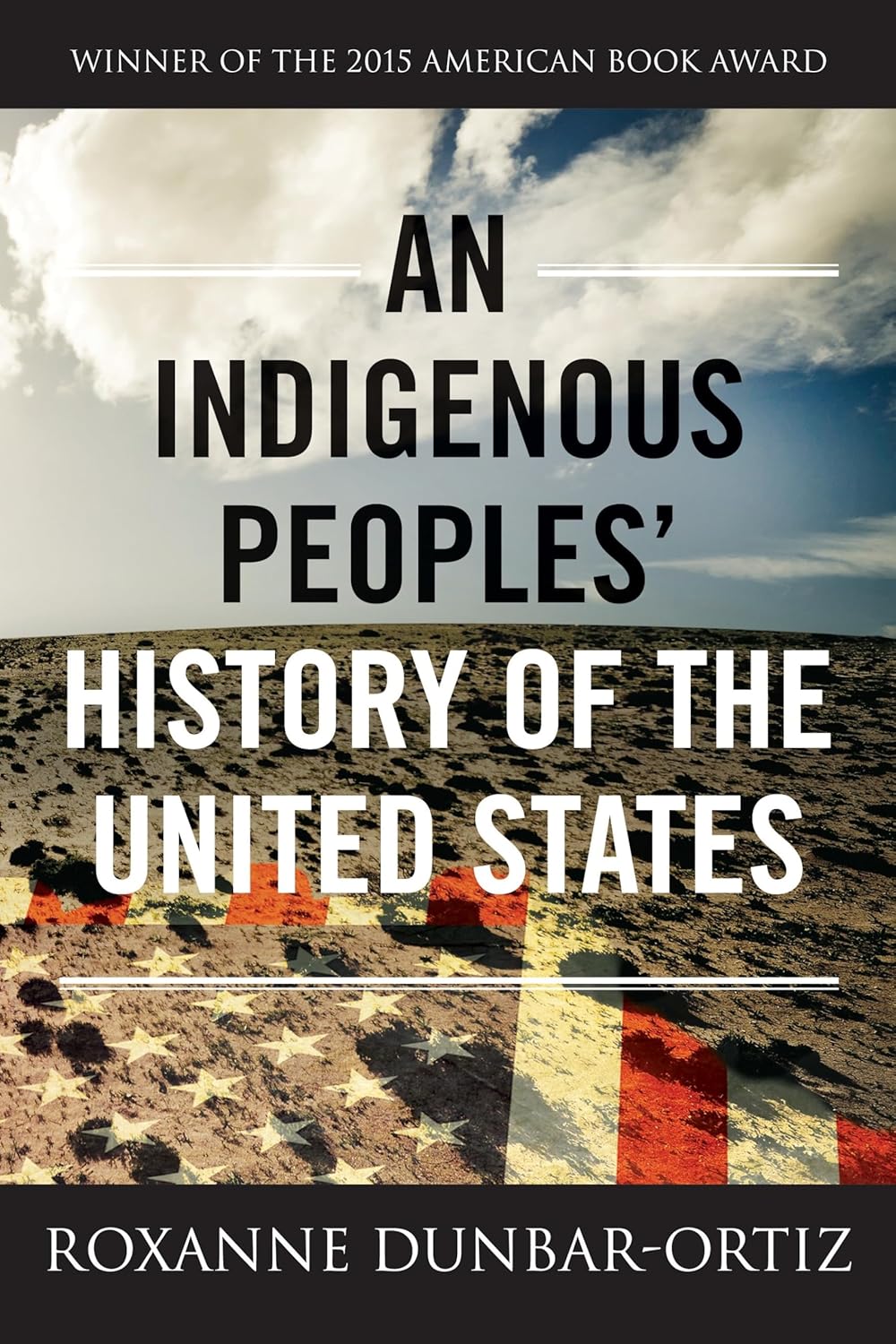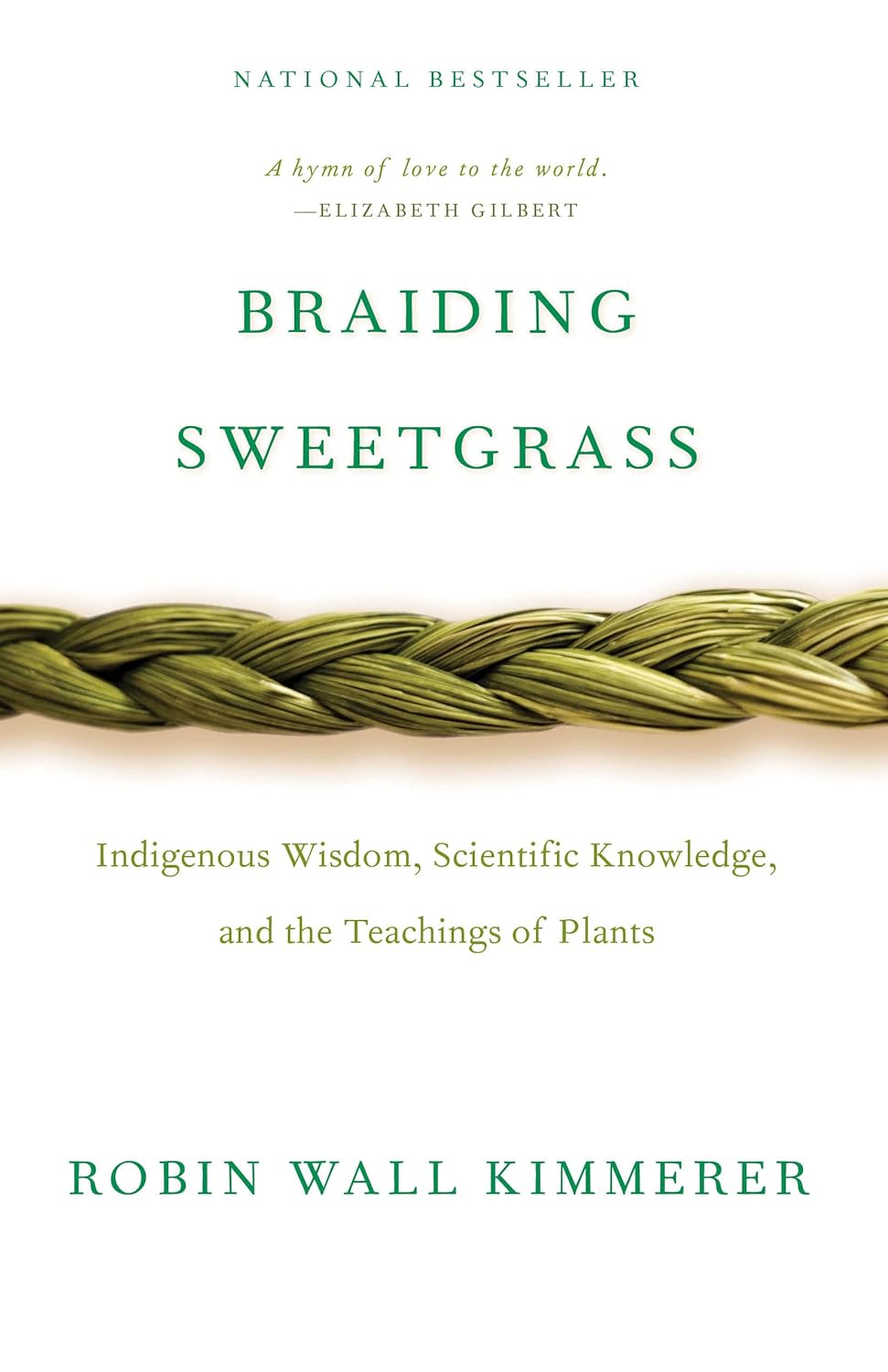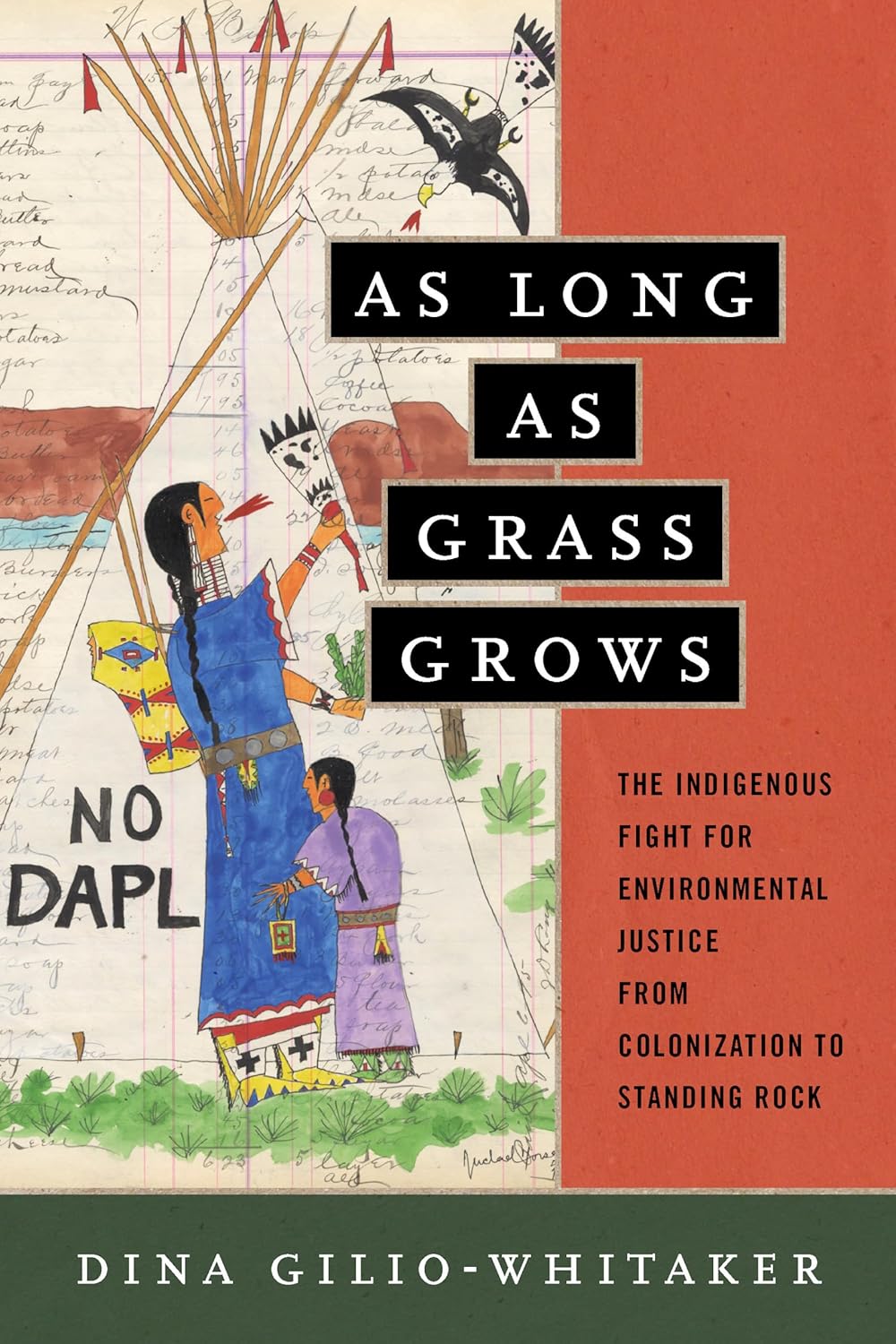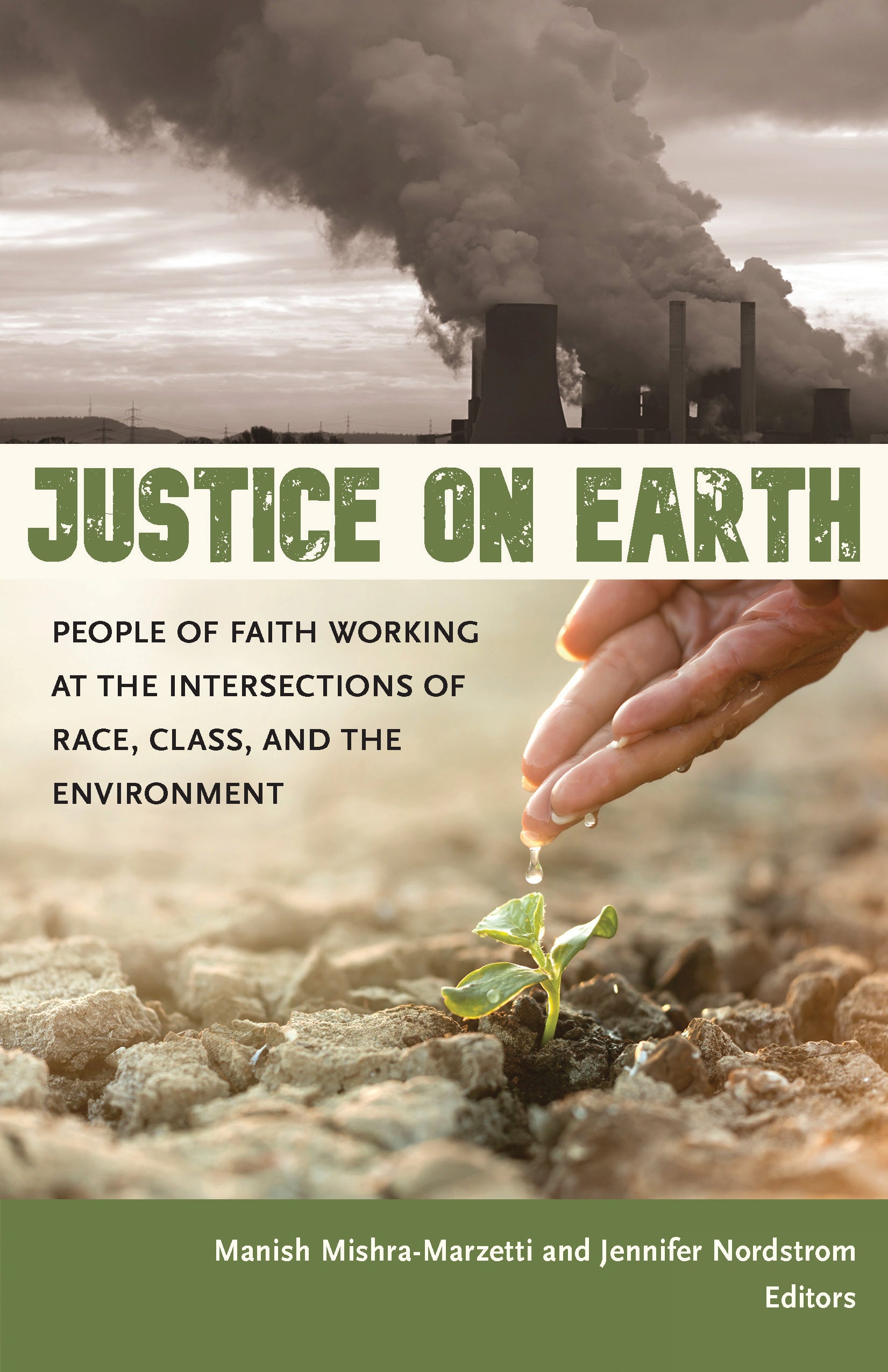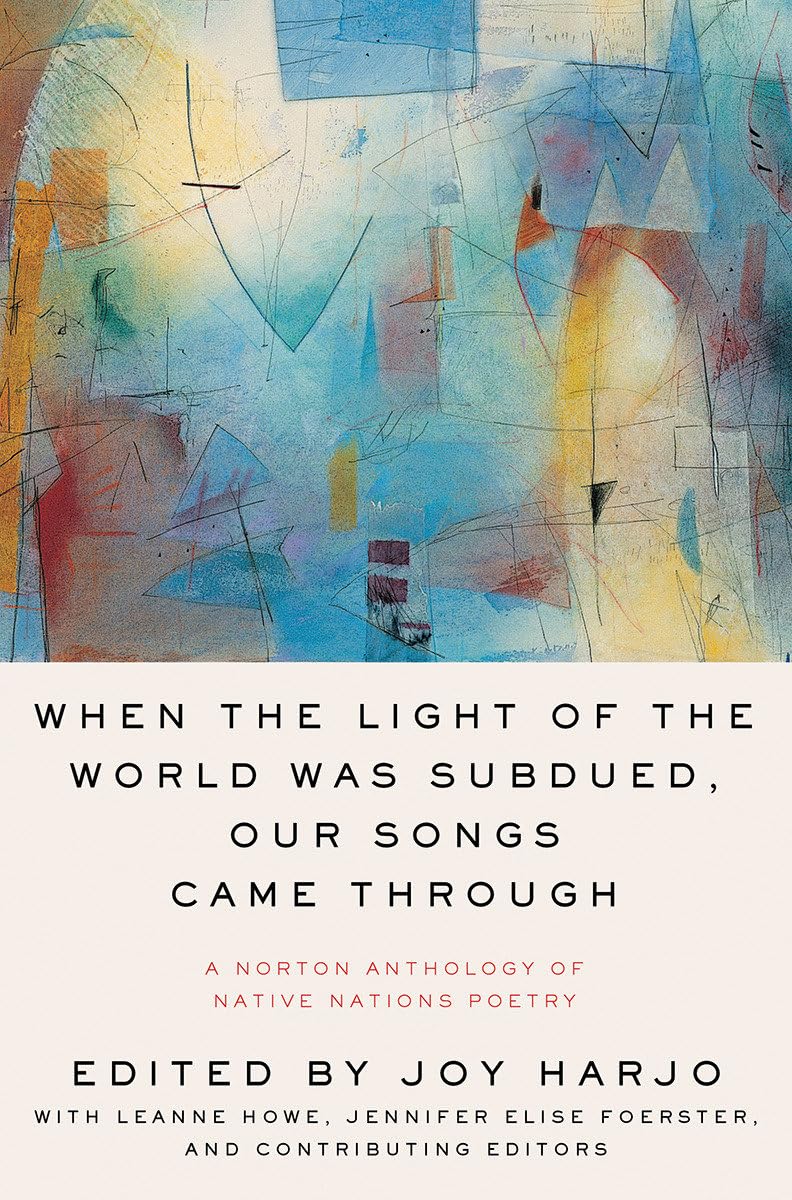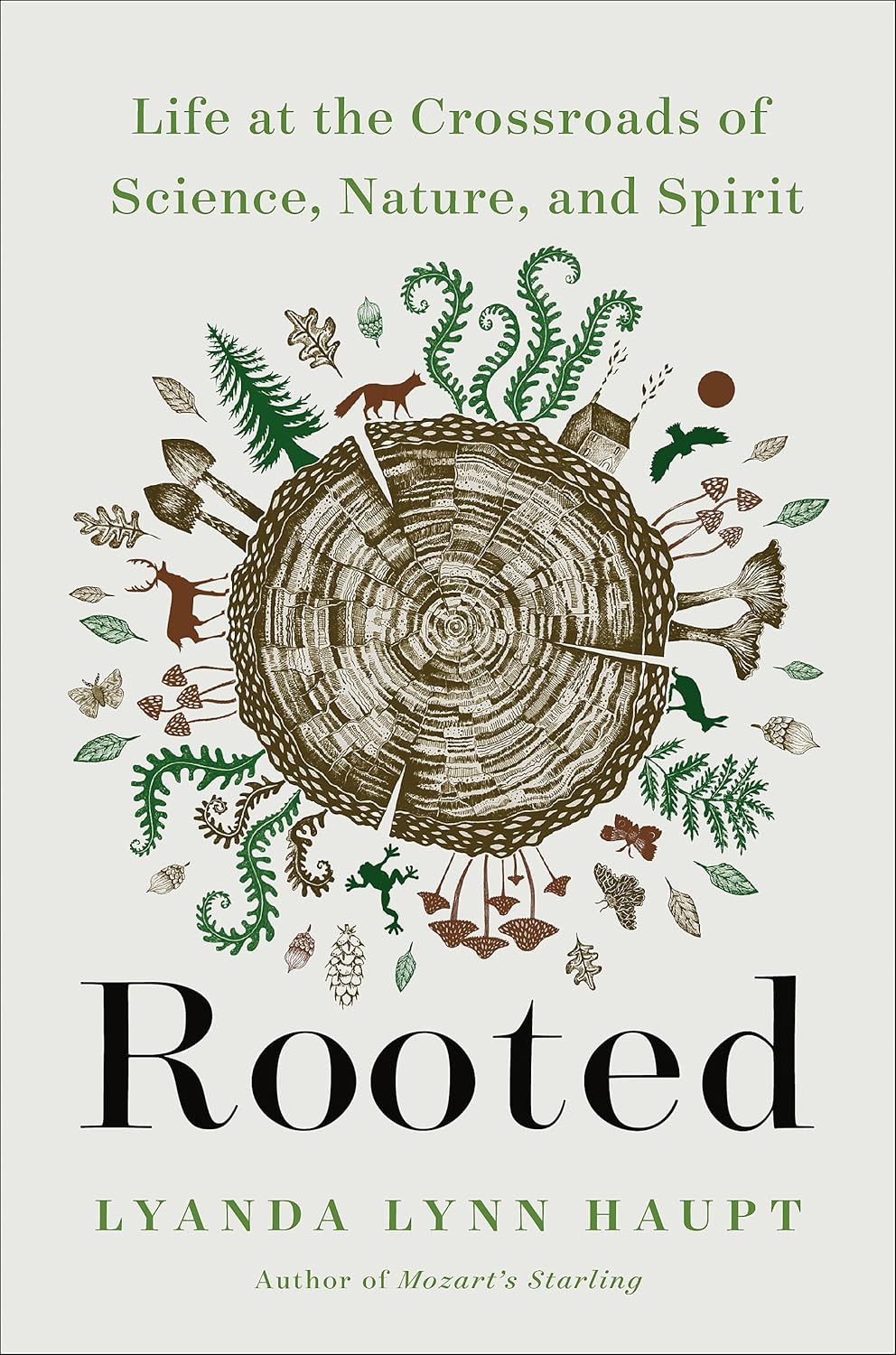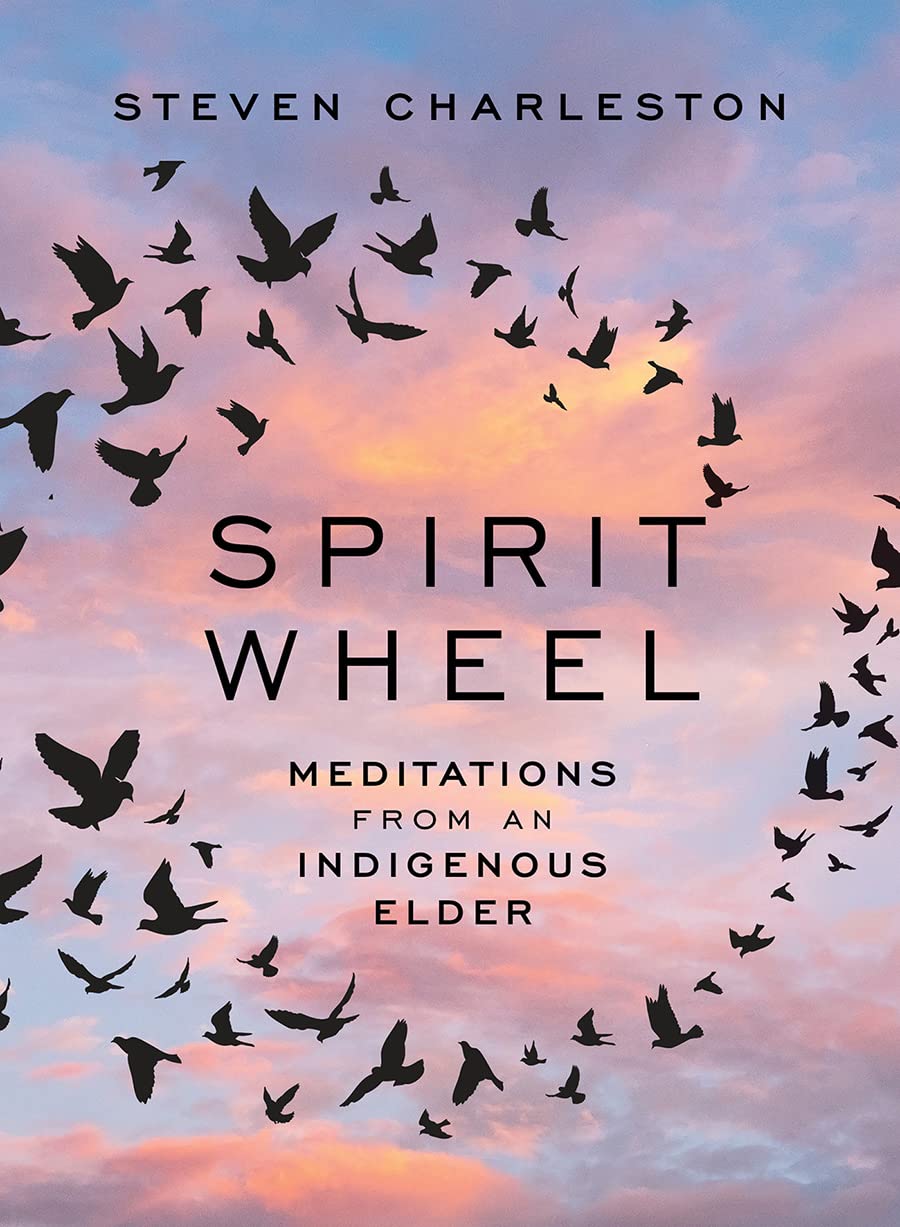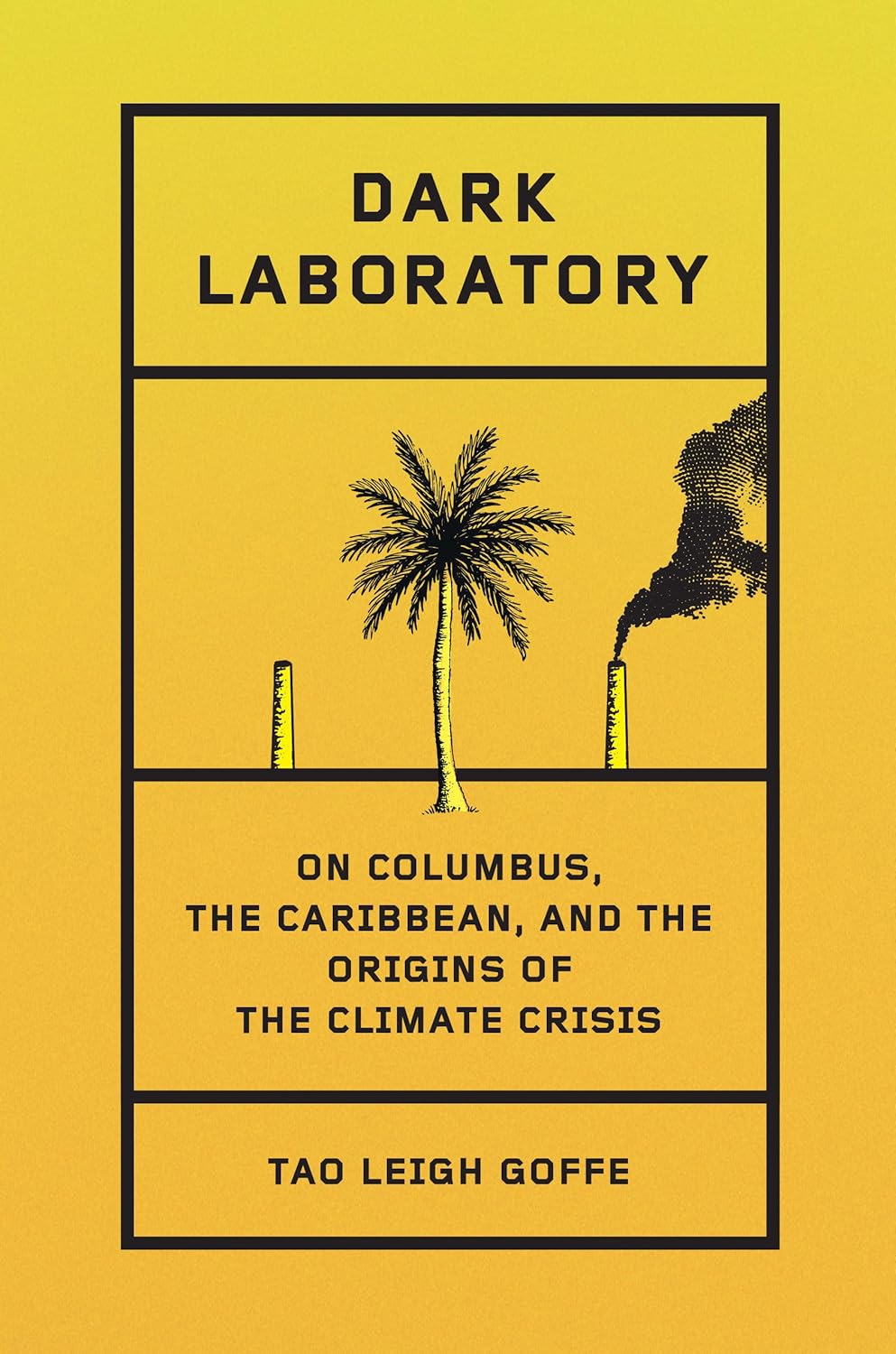Despite the undeniable fact that Indigenous communities are among the most affected by climate devastation, Indigenous science is nowhere to be found in mainstream environmental policy or discourse. And while holistic land, water, and forest management practices born from millennia of Indigenous knowledge systems have much to teach all of us, Indigenous science has long been ignored, otherized, or perceived as “soft”–the product of a systematic, centuries-long campaign of racism, colonialism, extractive capitalism, and delegitimization.
Here, Jessica Hernandez–Maya Ch’orti’ and Zapotec environmental scientist and founder of environmental agency Piña Soul–introduces and contextualizes Indigenous environmental knowledge and proposes a vision of land stewardship that heals rather than displaces, that generates rather than destroys. She breaks down the failures of western-defined conservatism and shares alternatives, citing the restoration work of urban Indigenous people in Seattle; her family’s fight against ecoterrorism in Latin America; and holistic land management approaches of Indigenous groups across the continent.
Through case studies, historical overviews, and stories that center the voices and lived experiences of Indigenous Latin American women and land protectors, Hernandez makes the case that if we’re to recover the health of our planet–for everyone–we need to stop the eco-colonialism ravaging Indigenous lands and restore our relationship with Earth to one of harmony and respect.
Contents
Introduction
Chapter 1
Indigenous Teaching: Nature Protects You as Long as You Protect Nature
Chapter 2
Ecocolonialism of Indigenous Landscapes
Chapter 3
Birth of Western Conservation
Chapter 4
Indigenous Science: Indigenous Stewardship and Management of Lands
Chapter 5
Ecowars: Seeking Environmental Justice
Chapter 6
Tierra Madre: Indigenous Women and Ecofeminism
Chapter 7
Ancestral Foods: Cooking with Fresh Banana Leaves
Chapter 8
Indigenizing Conservation: Healing Indigenous Landscapes
Notes
Index
About The Author
“Westerners, [Dr. Hernandez] writes, fall short on including Indigenous people in environmental dialogues and deny them the social and economic resources necessary to recover from ‘land theft, cultural loss, and genocide’ and to prepare for the future effects of climate change.” - Publishers Weekly
“In Fresh Banana Leaves, Jessica Hernandez weaves personal, historical, and environmental narratives to offer us a passionate and powerful call to increase our awareness and to take responsibility for caring for Mother Earth.” A must-read for anyone interested in Indigenous environmental perspectives." - EMIL’ KEME (K’iche’Maya Nation), member of the Ixbalamke Junajpu Winaq’ Collective
“A groundbreaking book that busts existing frameworks about how we think about Indigeneity, science, and environmental policy. A must-read for practitioners and theorists alike.” - SANDY GRANDE, professor of political science and Native American and Indigenous studies, University of Connecticut
“Inspiring and sobering, philosophically powerful and practically grounded, this book weaves together storytelling, razor sharp critiques of oppression, and liberatory pathways for how we can achieve transformation in solidarity. Dr. Hernandez offers the instructions so many environmental protectors and conservationists need to know." - KYLE WHYTE, George Willis Pack Professor, School for Environment and Sustainability, University of Michigan
“Dr. Hernandez offers many gifts for us to learn, grow, and heal. She shares many details of how settler colonialism has impacted Indigenous people, specifically people of Mexico and Central America. Fresh Banana Leaves is a true validation of the Indigenous knowledge of community.” - DR.MICHAEL SPENCER, Presidential Term Professor of Social Work and director of Native Hawaiian, Pacific Islander, and Oceania Affairs at the IndigenousWellness Research Institute (IWRI),University of Washington
You might also be interested in:
